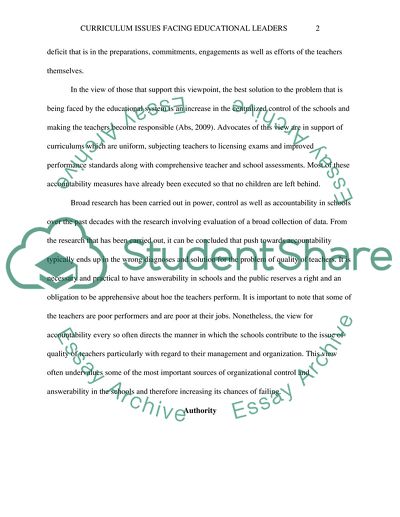Cite this document
(“Curriculum Issues Facing Educational Leaders Research Paper”, n.d.)
Curriculum Issues Facing Educational Leaders Research Paper. Retrieved from https://studentshare.org/education/1658952-curriculum-issues-facing-educational-leaders
Curriculum Issues Facing Educational Leaders Research Paper. Retrieved from https://studentshare.org/education/1658952-curriculum-issues-facing-educational-leaders
(Curriculum Issues Facing Educational Leaders Research Paper)
Curriculum Issues Facing Educational Leaders Research Paper. https://studentshare.org/education/1658952-curriculum-issues-facing-educational-leaders.
Curriculum Issues Facing Educational Leaders Research Paper. https://studentshare.org/education/1658952-curriculum-issues-facing-educational-leaders.
“Curriculum Issues Facing Educational Leaders Research Paper”, n.d. https://studentshare.org/education/1658952-curriculum-issues-facing-educational-leaders.


